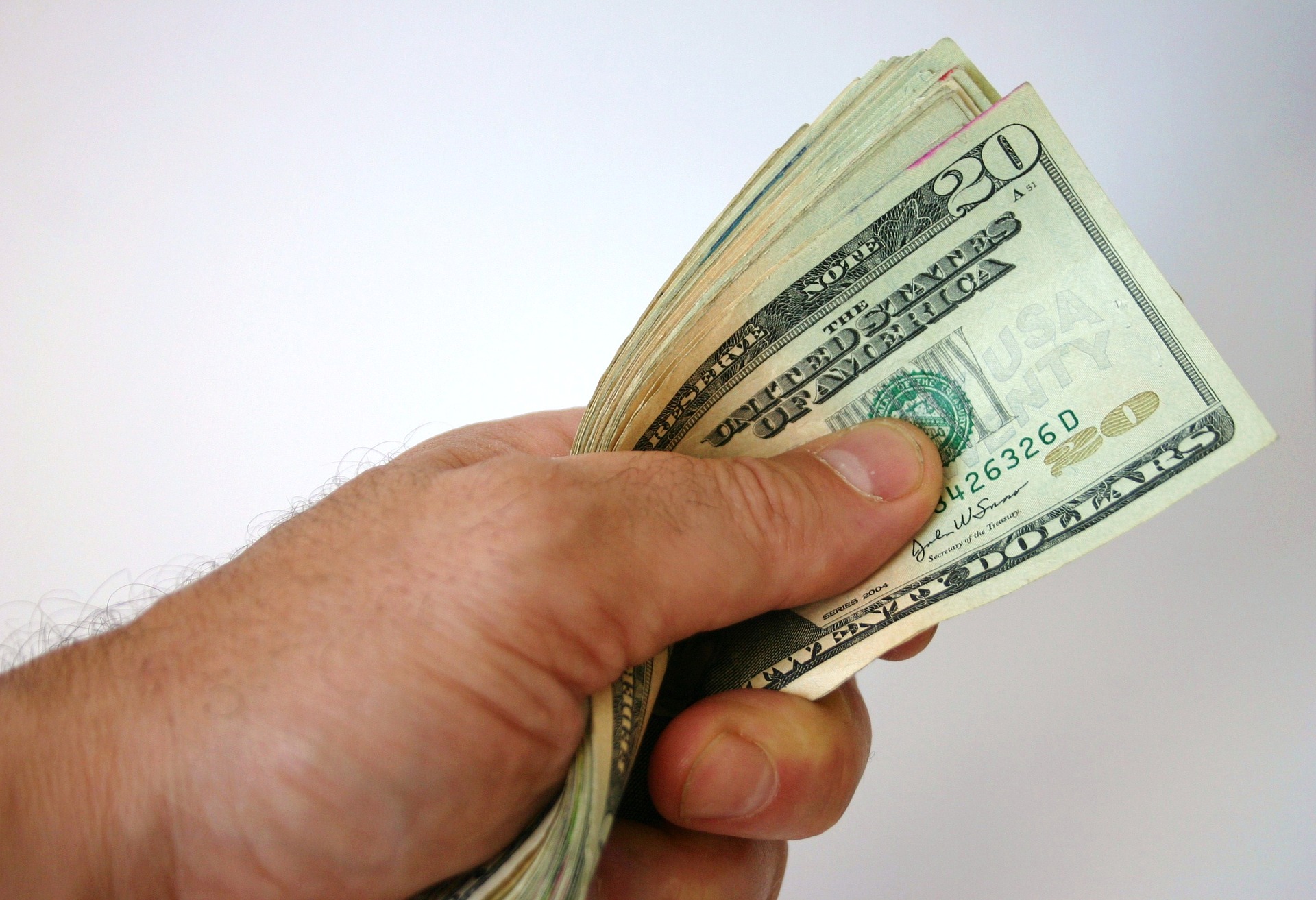How Much Money Can You Trick Yourself Into Saving?

Money in a checking account generally does not gain much interest, if any; it's there to pay for things like groceries and utilities. However, money in a money market or savings account earns you more money over time by accruing interest! You can use your savings account to build funds for short-term goals (like new furniture) or long term goals (like a house, or retirement).
And yet, many of us feel intimidated or confused as to how to build our savings accounts. While you've likely already heard about the common ways to build your savings (such as having part of your salary direct-deposited into savings), there are other small ways to save money over time.
These triggers are designed to remind you to make small payments into your savings account.
Pay yourself to go to the grocery store.
At the end of each month, when you're balancing your checkbook or reviewing your statements (you do that, don't you?) count the number of times you've been to the grocery store. For each time you go to the grocery store, move $5 into your savings account. While $5 a week doesn't seem like much, at the end of the year you could have $260 stashed away — all just because you went grocery shopping once a week!
Bonus: With SSB's mobile app, you can move $5 from your checking account to your savings account while you're standing in line at the grocery store!
Grow your spare change jar.
Every time you pay in cash and get coins back, put those coins into a jar. Do this with $1 bills, too, for the most impact. But don't leave it in the jar to collect dust! Each month, take the jar to the bank and deposit it into your savings account so your money can grow with interest!
Double-dip with coupons.
Use an app from your favorite grocery store or convenience store and to track how much money you're saving with the coupons you've used. Move the money you've saved into your savings account, since you would have spent it anyway without the coupon.
Pay yourself for paid-off debts.
When you've paid off a long-standing debt like a car payment or a student loan, you may see yourself as suddenly having "extra" money. But instead of allowing the money to be spent, tuck that same amount into savings. Or, if you have other large debts, put your "extra" money toward paying them down more aggressively.
(Don't forget to celebrate paying off the debt, though!)
Put any unexpected checks into savings.
Any time you get a physical check that is unexpected, save it. This might include reimbursement checks, birthday gifts, refunds, rebates, etc. You probably didn't know it was coming, so you might as well stash it away to earn interest!
Bonus: Use SSB's mobile app to deposit your check right away! Just snap a picture and the money will go into your account.

